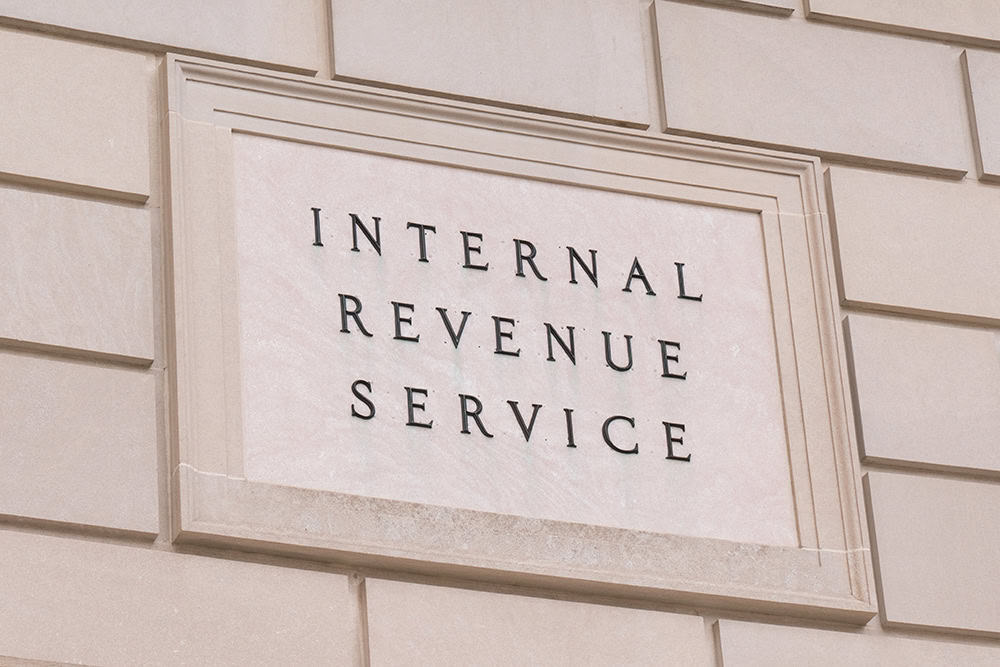Solutions for Medicare Sustainability
Seven leading policy organizations put forward proposals to strengthen Medicare’s fiscal outlook while maintaining quality of care.
Read MoreWhat Is the Carried Interest Loophole, and Why Is It So Difficult to Close?
The treatment of carried interest continues to be one of the most controversial elements of the U.S. tax code.
Read MoreWithout Reform, Social Security Could Become Depleted Within the Next Decade
As the largest program in the federal budget, Social Security is a critical part of our nation’s fiscal picture and vital to millions of elderly recipients.
Read MoreWhat Is Site Neutrality and Could It Help Reduce Healthcare Costs?
While the quality of care is often the same in non-hospital versus hospital settings, the prices charged for treatment in hospitals is higher.
Read MoreHow Does the Capital Gains Tax Work Now, and What Are Some Proposed Reforms?
While the capital gains tax affects anyone selling a capital asset, higher-income individuals are typically subject to the tax more so than average Americans.
Read MoreBudget Basics: Medicare
Medicare is an essential health insurance program serving millions of Americans, and a major part of the federal budget and our fiscal outlook.
Read More9 Facts About Social Security and the Need to Strengthen It
Social Security is an essential program for millions of Americans, but it’s at risk if lawmakers fail to take action to reform the program.
Read MoreBudget Basics: What Is Medicare Advantage?
The Medicare Advantage allows beneficiaries enrolled in both Part A and Part B to receive benefits from private plans.
Read MoreSolutions for Social Security Sustainability
Right now, Social Security’s finances are in trouble, and without reform the program will be unable to pay out full benefits in about a decade.
Read MoreHow Much Would It Cost to Make the TCJA Permanent?
Most of the individual tax provisions and a handful of business provisions in the TCJA are scheduled to expire in the next few years.
Read More








